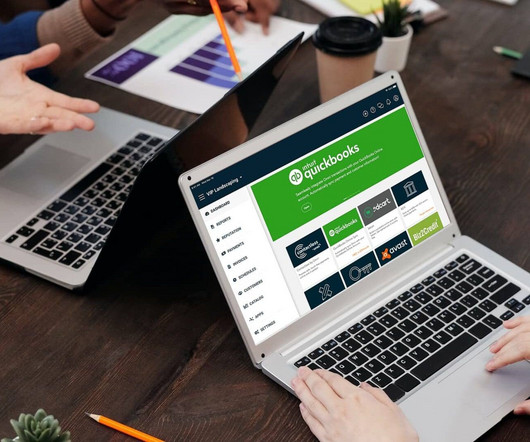ISVs vs SaaS: What’s the Difference?
Stax
APRIL 18, 2024
TL;DR ISVs develop and distribute software products independently and often collaborate with hardware manufacturers and platform providers. SaaS companies deliver software applications over the internet on a subscription basis, simplifying access and management for users. Consider Stax’s partner program.













Let's personalize your content